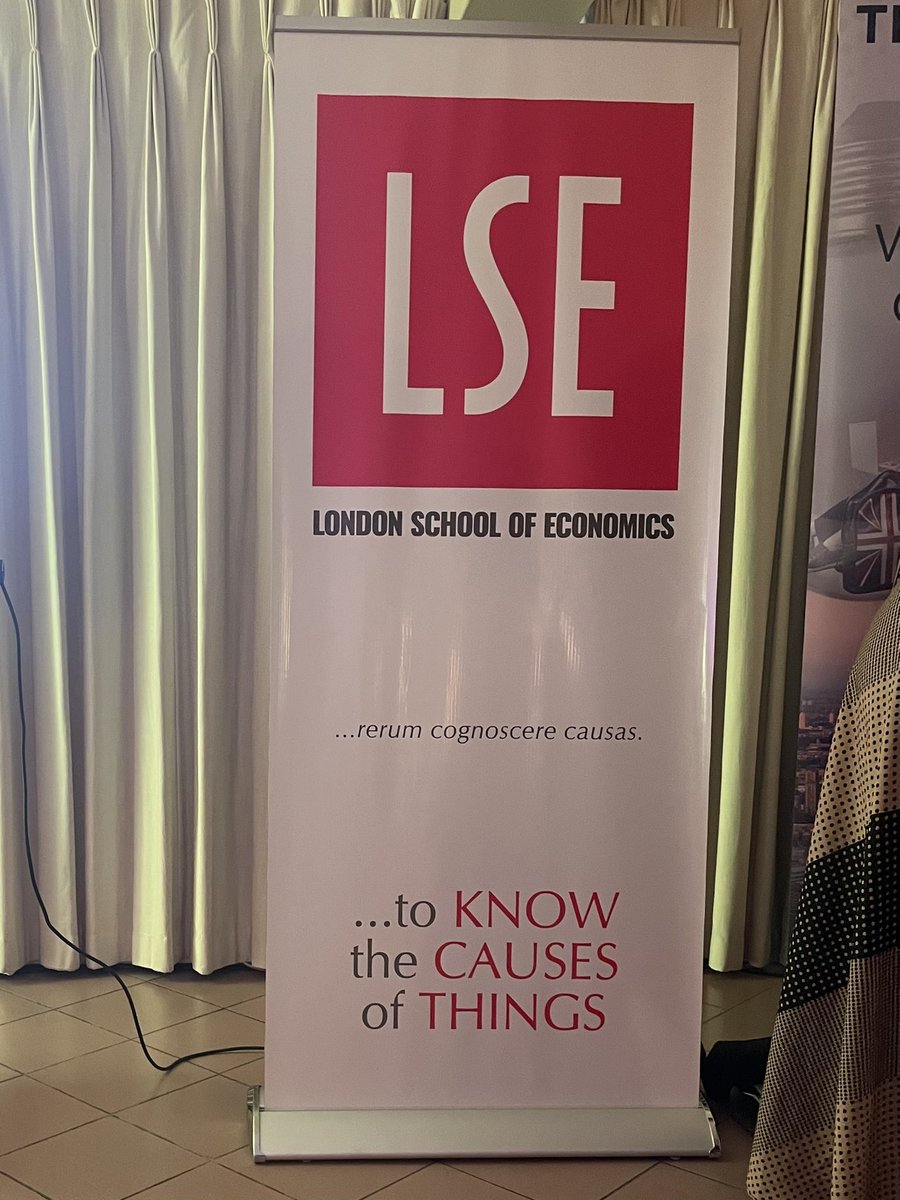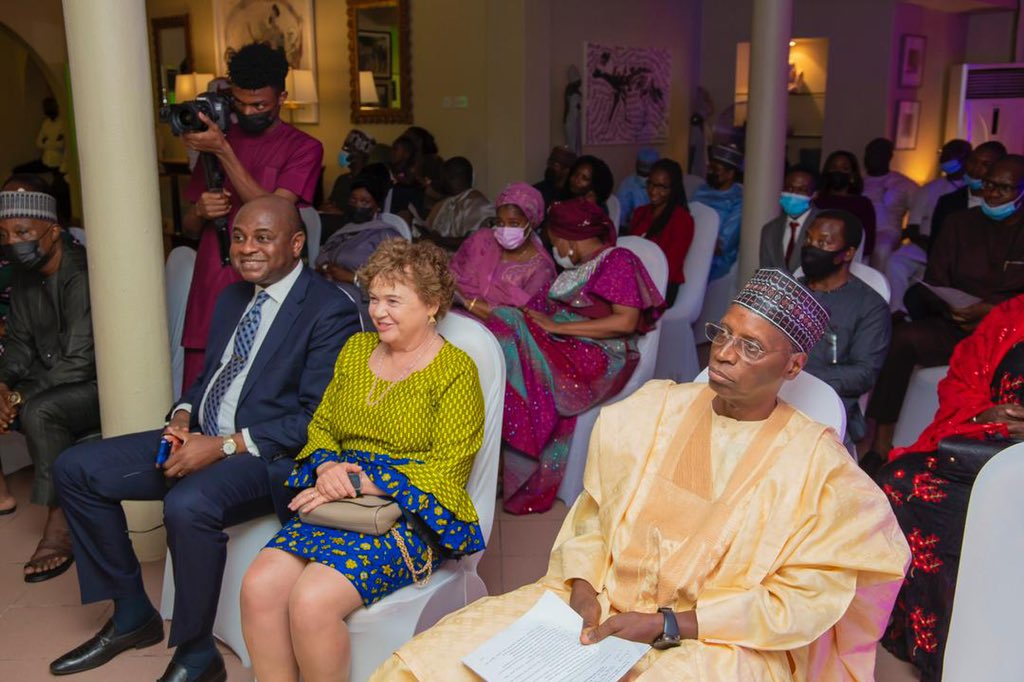
Recent events in Afghanistan, where the fundamentalist and terrorism-incubating Taliban has taken over the country, carries important lessons for Nigeria. Religious fundamentalism is dangerous and tends to verge into terrorism as we see with BH, ISWAP etc. We must stop cuddling
so-called “repentant” Boko Haram. Which serious country absorbs erstwhile terrorists into its armed forces? Nigeria and its @NGRPresident and @NigeriaGov must never recognize or deal with the Taliban. We can never be a theocracy. What has happened in Afghanistan is possible
only because of its monolithic religious makeup. The Government of a multi-religious country that is constitutionally a secular state must never tolerate some of its members harboring and expressing sympathy for globally recognized terrorist groups,
while political dissenters are very quickly branded terrorists. The other lesson from this is that the destiny of any country will ultimately be decided by its own people. Clearly, many Afghans are quite comfortable with the Taliban, while a minority are opposed to them. American
intervention in 2004 that dislodged them from power was clearly unpopular with the locals, and Washington has decided to leave the Afghans to their fate. If Nigeria breaks down into civil war and violence, no one is coming here to save anyone. We will ALL suffer the consequences.
A word is enough for the wise on all sides of our political divides, whether “this” or “that”. Violence destroys, does not pay, and is destructive. It is only permissible in self-defense. The characteristic of a failing state is when non-state actors use it
without consequence. That is Nigeria today. Can we turn this ship around? Certainly. But not without Nigerians citizens taking their destiny in their own hands and voting massively for democratic change to a competent government that can protect our territory and our citizens.
• • •
Missing some Tweet in this thread? You can try to
force a refresh













